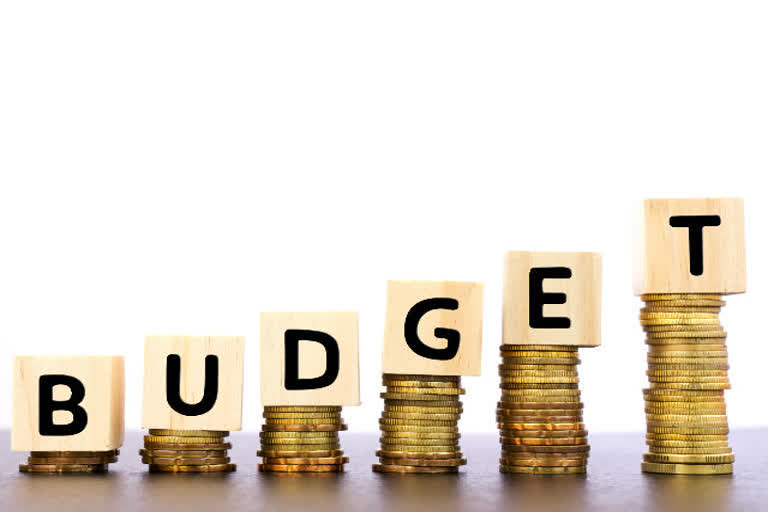Business Desk, ETV Bharat: Though finance minister Nirmala Sitharaman earlier this month promised a “never before” like Union Budget for the next fiscal year, experts warn the salaried class to not get excited as there may not be any major changes on the personal income tax front.
Viral Bhatt, founder of Money Mantra, a financial planning and investment advisory firm, said that the only major benefit could be “no additional new tax burden”.
“I doubt there would be any tweaks to the personal income tax rates as it would only work against the government. So, the only respite for the taxpayer could be avoiding imposing any further new cess or tax,” said Bhatt.
The Union Budget for 2021-22, which is scheduled to be presented in Parliament on 1 February 2021, would have limited scope for populist measures like reducing tax rates as the government has to boost spending at a time when its revenues has taken a major hit due to the pandemic-induced slowdown.
Bhatt believes that though the Budget may not revise tax rates, there might be some proposals that may raise the net take-home salary to put more disposable income in the hand of employees.
“Additional benefits in the form of a hike in the Section 80C exemption from the current Rs 1.5 lakh to Rs 2 lakh can be expected,” said Bhatt.
“Also, given the fact that health insurance took centre stage this year, there might be some hike in tax deduction limit for the same to up to Rs 40,000,” he added.
Read more: Hiring set to bounce back in 2021: Naukri.com
Currently, the Section 80D in the Income Tax Act allows taxpayers to claim a deduction up to Rs 25,000 per budgetary year for medical insurance premium instalments.
There are also speculations that some new deductions may be allowed under the new income tax regime that was introduced in the last budget.
To recall, in the new tax regime, taxpayers have to forgo most of the income-tax exemptions including standard deductions to avail the lower tax rates.
However, Bhatt sees lower chances of that happening. “The new tax regime already allows some deductions. Further addition to that list will defeat the purpose of creating the new regime altogether,” he added.
Besides that, Bhatt demanded that some kind of income-tax benefit should be introduced for investments in debt mutual funds, similar to the kind ELSS (equity-linked savings scheme) schemes enjoy under Section 80C.
“Either the government should make investments in debt funds eligible for Section 80C exemptions, or create a special section to extend benefits on these investments. This would make these instruments more popular and widen their scope as currently not many small investors are familiar with debt funds,” Bhatt said.



